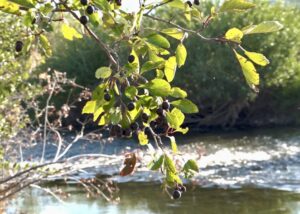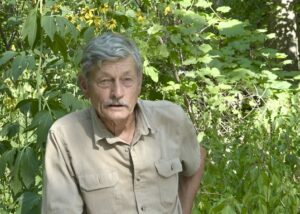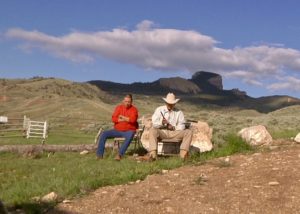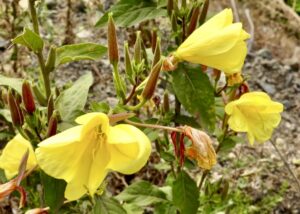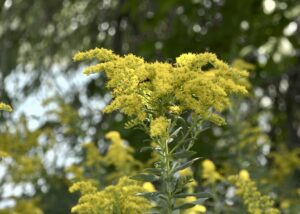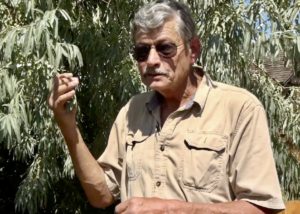Habitat
Mountain, Sagebrush SteppePlant Uses
baskets, cordage, roots boiled as heart medicine, weavingVideo Presenter
John MionczynskiDogbane
(a.k.a. Indian hemp)
This potentially toxic medicinal plant is dangerous if used by people not familiar with its effects on the heart. It slows the heart rate (pulse) while increasing the amplitude of the heart’s contractions. As a vasoconstrictor, dogbane increases blood pressure and circulation. It is also a diuretic. Because of these effects, due to the presence of a cardiac glycoside called ouabain, the root of this plant has been used in indigenous medicine to treat a weak heart, swollen ankles, edema (accumulation of fluid in tissues), and kidney disease.
Indigenous peoples in North America and Africa have used plant extractions from related species to make poison arrows (the drug ouabain gets its name from the Somali word for poison arrow).
In modern medicine ouabain obtained from plants is used like digitalis for congestive heart failure. It slows the heart rate and strengthens the heartbeat. It is also used to treat low blood pressure, certain heart arrhythmias, and atrial fibrillation but cannot be used with beta blockers or ACE inhibitors (blood pressure) drugs.
As a counterirritant it has been used to stimulate hair growth. Native people also made rope, durable cordage, and basketry from the boiled stems fibers.

